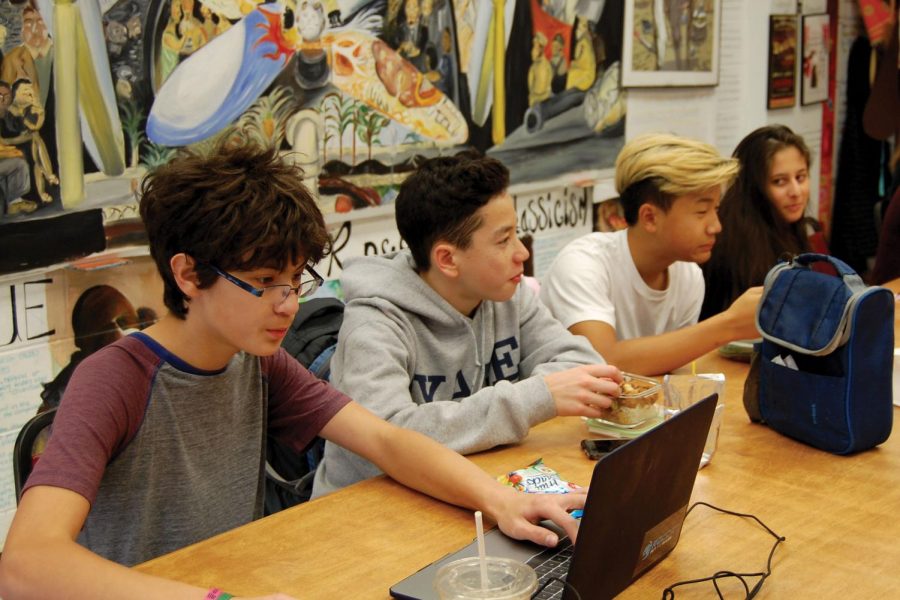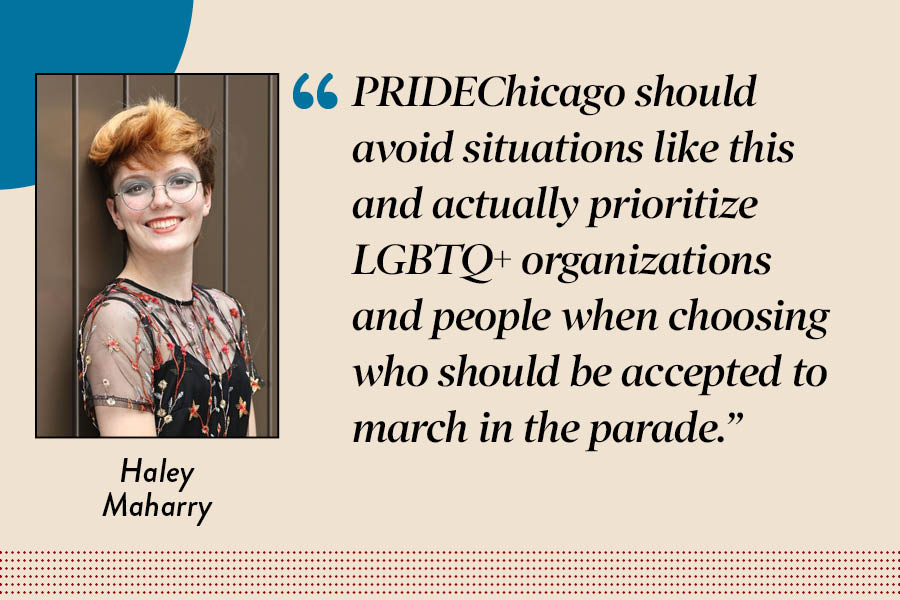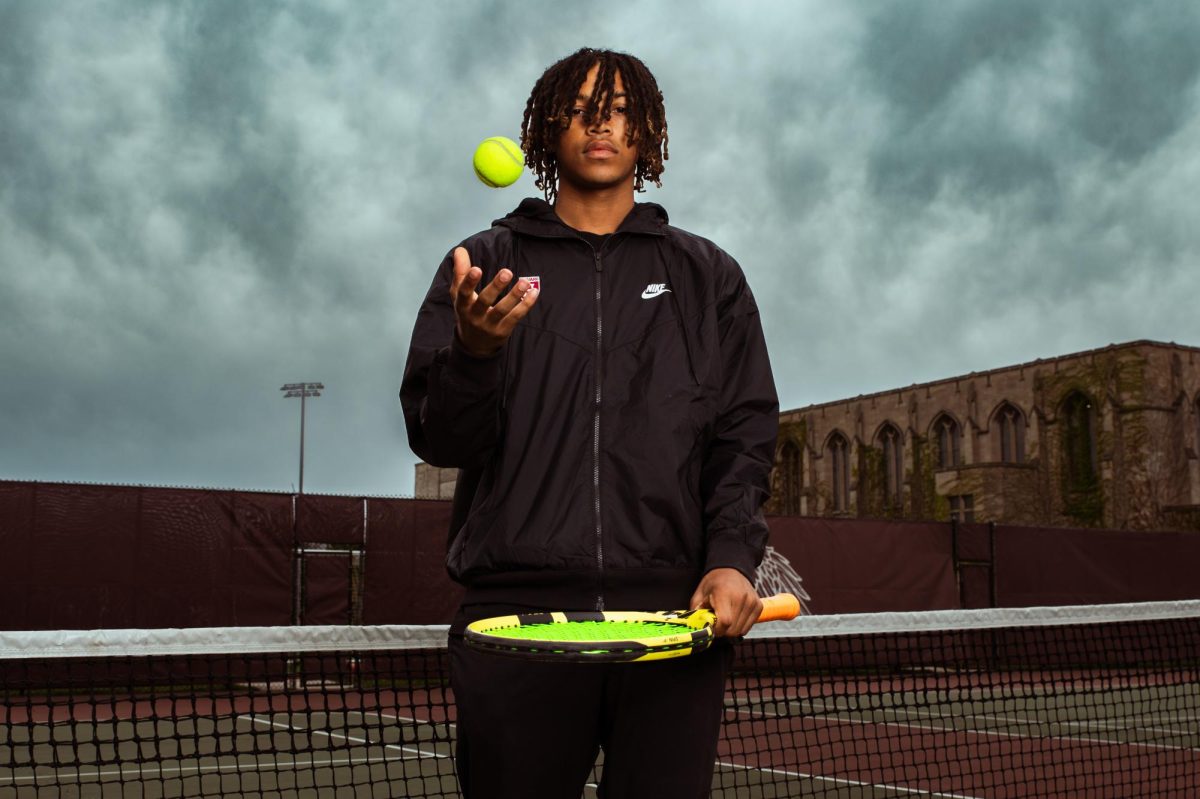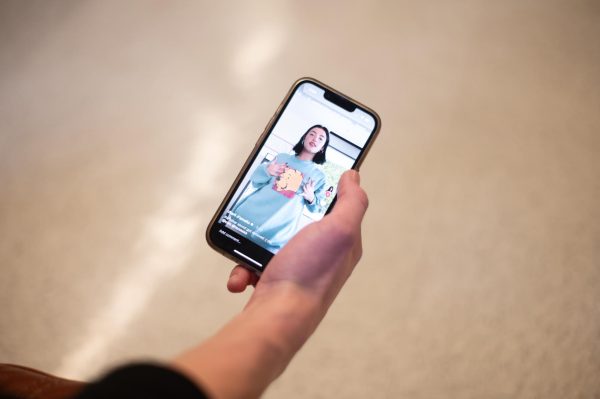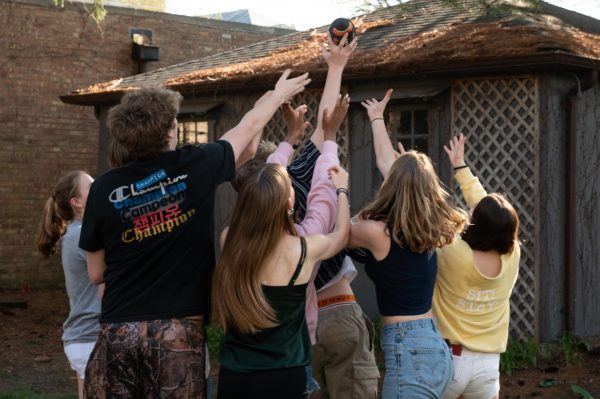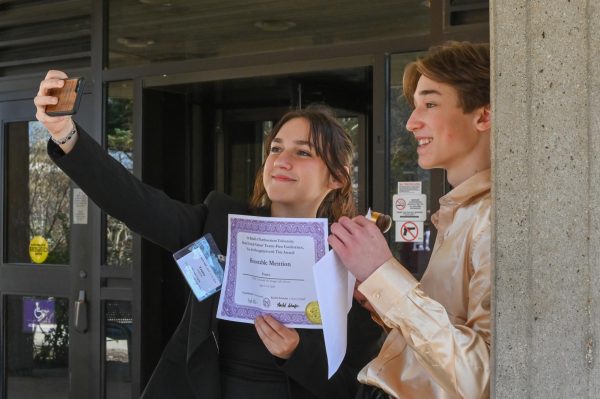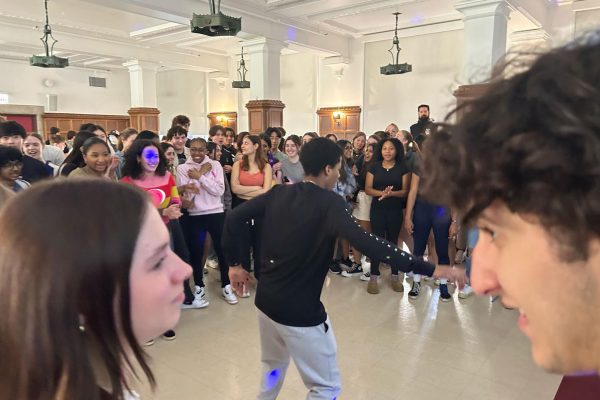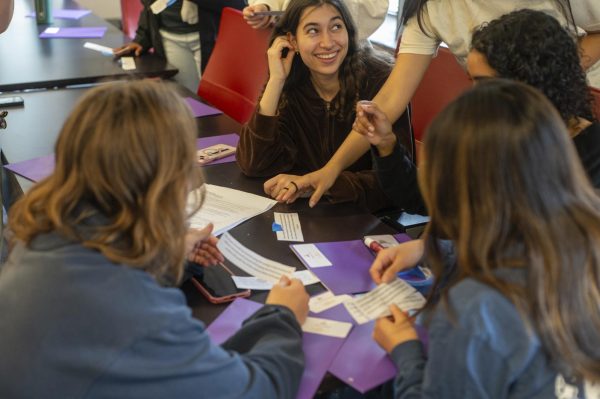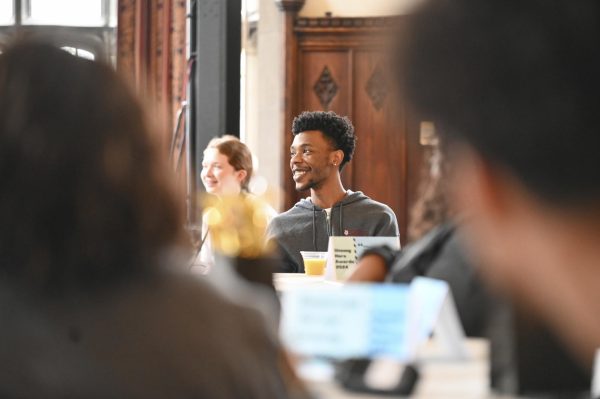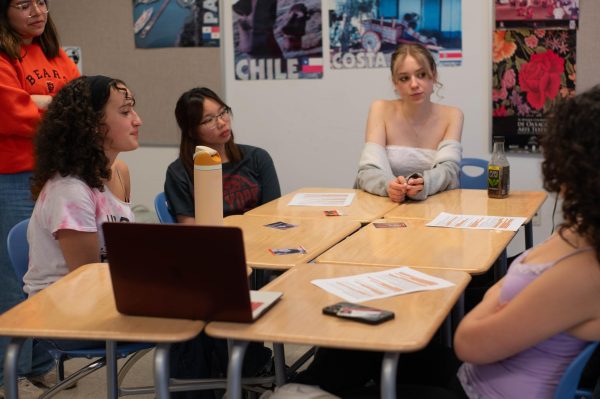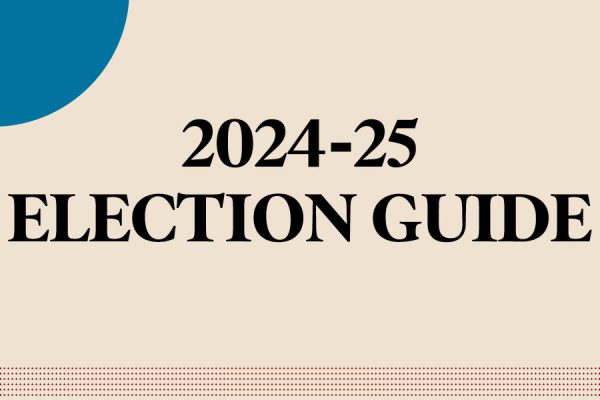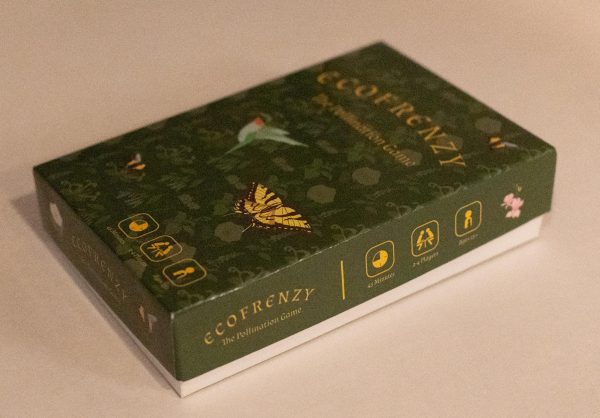Freshmen discover community in identity clubs
Maria Shaughnessy
BUILDING FRIENDSHIPS. Eddie Christensen, Will Trone, Ethan Van Ha and Niyati Rana enjoy lunch at Asians Students’ Association where they have found community a place to discuss common experiences. ASA, like many others, had an influx of freshman this year.
November 13, 2018
Asian Students’ Association and Latinos Unidos have gained more ninth grade students this year than previously, according to club leaders.
The growth in enrollment — the 9th, 10th and 11th grade classes each have more than 150 students compared to just 120 seniors — means more students to build community, which club leaders agree their cultural and affinity groups provide.
Ethan Van Ha, ninth grade, is a member of ASA.
“I think it’s nice because you get to meet a lot of people like you, which is why I think a lot of freshmen do it,” Ethan said.
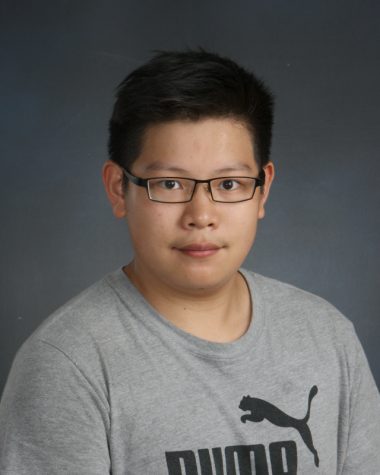
Zoe Dervin, vice president of Spectrum said the group has always had more ninth graders in proportion to older kids.
“When you’re a freshman, you’re looking for some stability and also for validation in your identity,” Zoe said. “So you can come to Spectrum and find your people, but by the time you’re a sophomore you’ve found your niche. You’ve found your identity, and you don’t necessarily need” Spectrum anymore.
Zoe also said Spectrum is a place where nonheterosexual — 48 percent of girls and 25 percent of boys, according to the health and wellness survey — or gender nonconforming people can relax.
“It’s not that there’s open hate in this community. That’s not what it is. It’s more so that you don’t have to worry about explaining your identity to people,” Zoe said, referring especially to people who don’t know much about the LGBTQ+ community.
ASA and Latinos Unidos serve a similar purpose in fostering pride in their members.
“Being Asian is an identity that people have come to be proud of. They don’t want to hide it. We’re helping them express their pride — their connection to who they are,” Hongjia Chen, president, said.
For Sofia Kouri, president, Latinos Unidos is both a place for Latinx people to explore the diversity of their ethnic background and for the wider U-High community to learn about an important history not discussed enough.
“Latinx is not a racial identity, it’s ethnic — you have people who are white or black or indigenous who are all identified under this umbrella term,” Sofia said. “It helps you learn about different aspects of those identities. The identity of Cuban-American is very different from Argentine or Mexican.”



